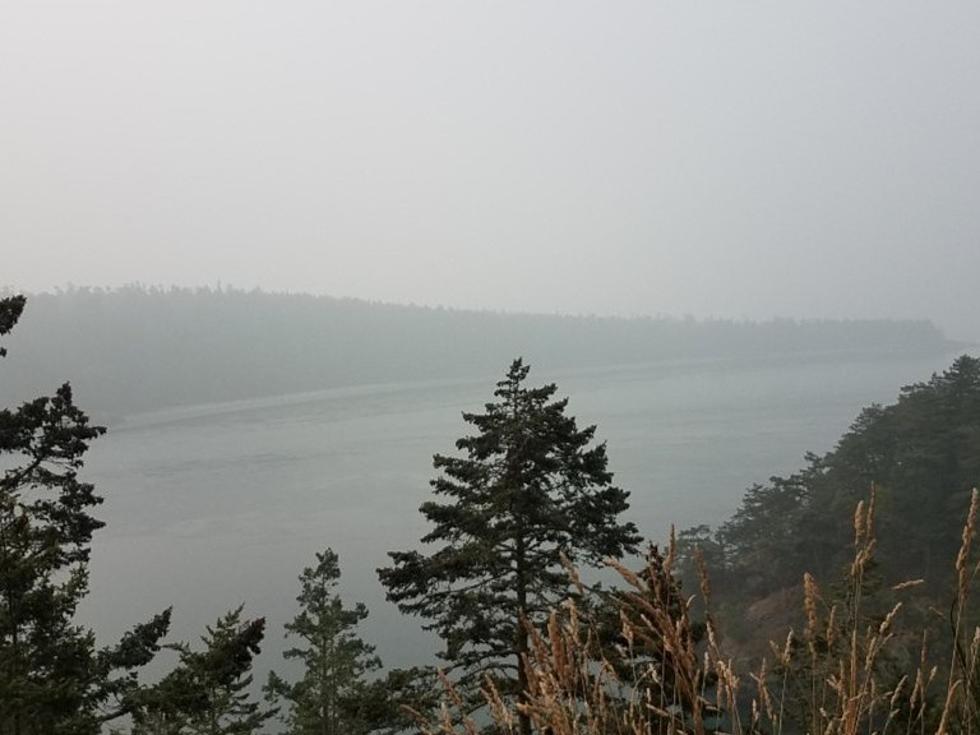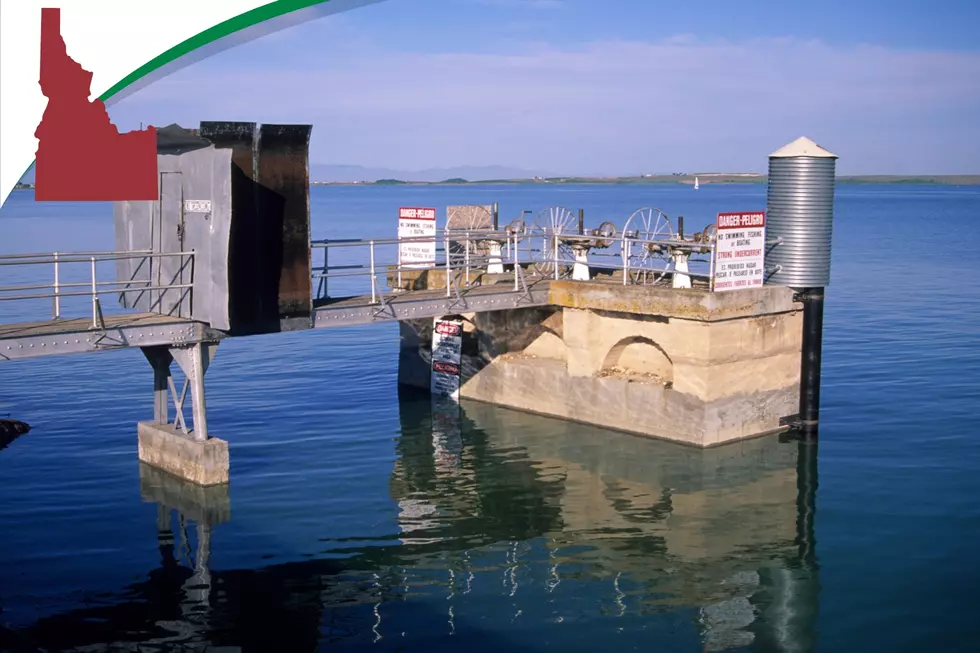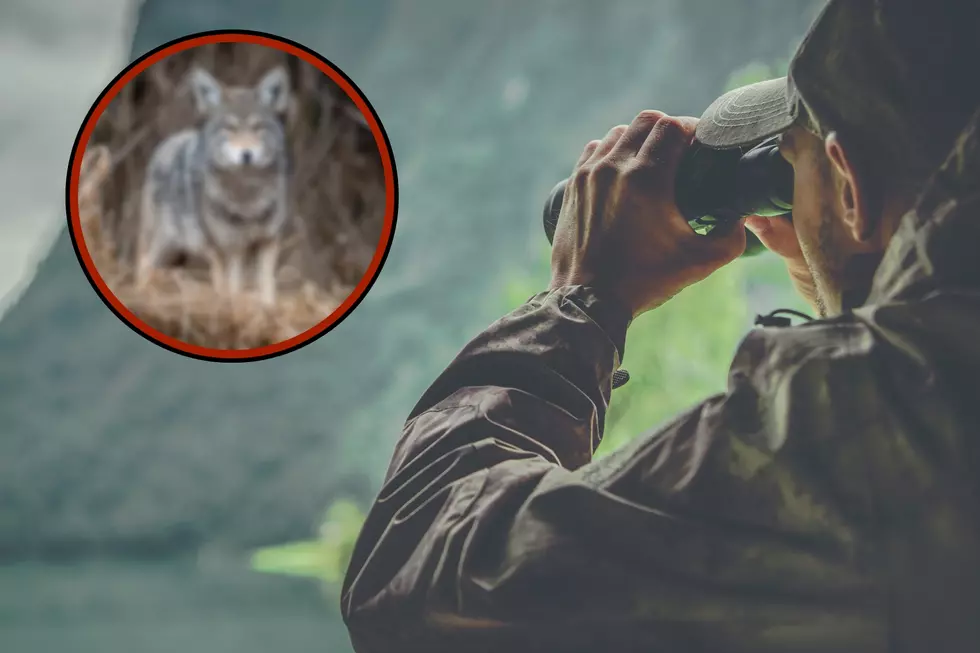
How to Protect Yourself from All the Wildfire Smoke in Washington
With wildfire smoke covering much of Washington state, many of us are breathing a mixture of air pollutants of which particulate matter is the greatest concern to public health.
In Eastern Washington, air quality levels dropped from healthy to very unhealthy in a matter of hours due to destructive and deadly fires in the areas of Medical Lake and Elk.
For people sensitive to wildfire smoke, many are struggling now.
"Health problems from breathing in wildfire smoke can really range from minor and irritating like scratchy eyes, runny nose, throat irritation, symptoms that are a little more severe like fatigue, headache, coughing, shortness of breath, and even wheezing," Kaitlyn Kelly, Air Quality Specialist with the Department of Health (DOH) said. "And then more seriously, it can aggravate existing heart lung diseases and asthma attacks and even increases risk of hospitalization and all-cause mortality."
The wildfire smoke can also take a toll on mental health.
"Washington is really an outdoor state. We love to spend time outside and recreate and it's hard for people to plan around it. It's hard for schools and kiddos."
The best way to protect yourself from wildfire smoke is to obviously limit your exposure. That means stay inside and filter your indoor air. Closing windows isn't enough.
"If you have an HVAC system, upgrade the MERV filter to at least a 13 (rated). And then if you don't, you can purchase a HEPA portable air cleaner which can filter out the smoke in a room," Kelly said. "Or a lower cost option than that is a DIY box and filter kit, and you take a 20 by 20 box fan and then a couple 20 by 20 furnace filters, ideally a MERV 13, and kind of duct tape or combine them together. There's a couple different ways you can make a model like that."
For information on how to set up a DIY home air filtration system, we've set up a link to the Washington State Department of Health.
Kelly says a place to get statewide air quality information is the Washington Smoke Blog where you can view current readings, forecasts, and fire locations.
"And you can even get information in a narrative format with descriptions from the state experts about what they're seeing." Kelly added.
8 Ways to Clear & Keep Wildfire Smoke from Your Home
Gallery Credit: AJ Brewster
More From PNW Ag Network







